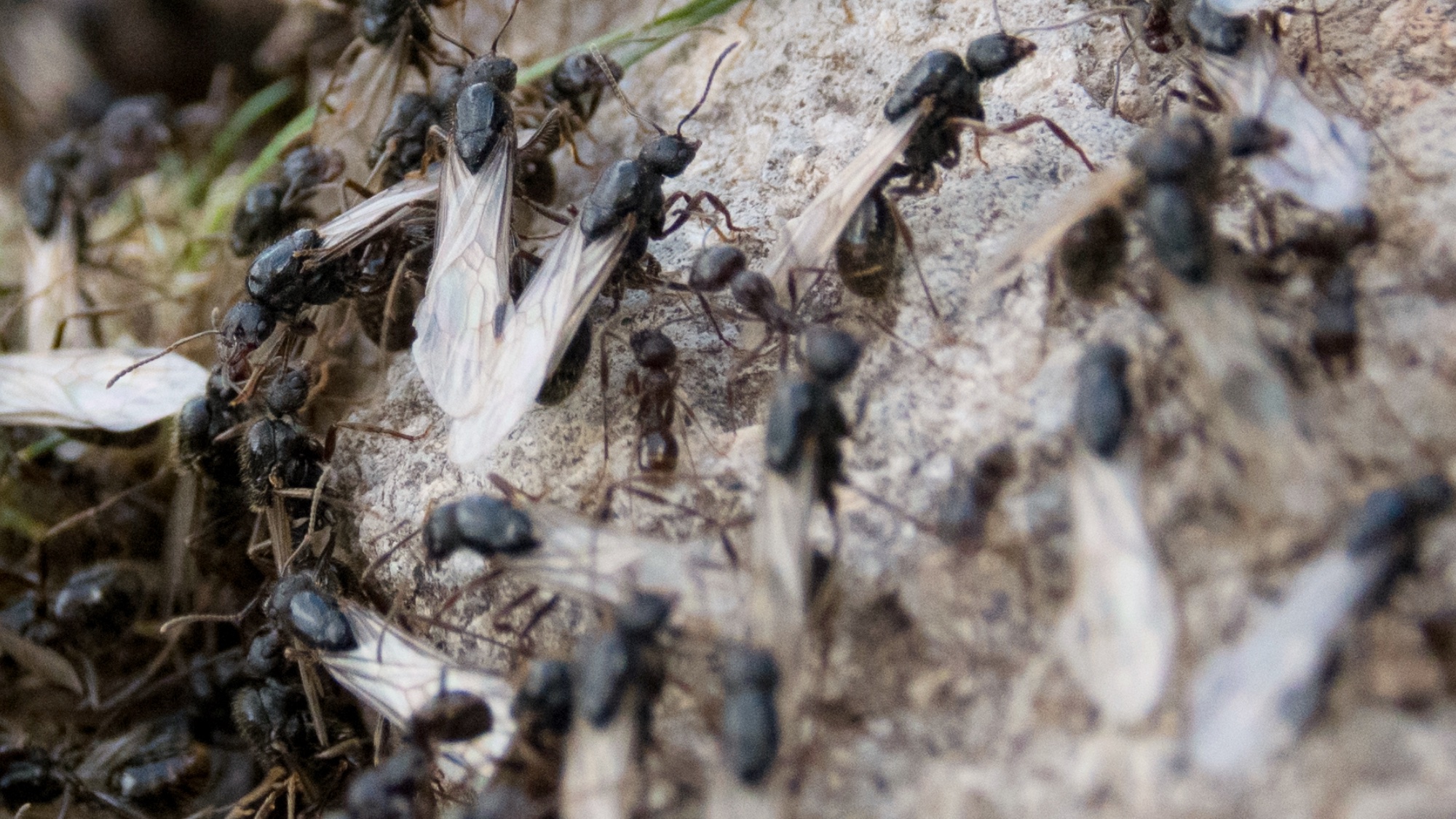
As the weather grows warmer, it’s the ideal time for pests to appear and invade our spaces. And if you’ve spotted flying ants in your home, you’ll need to know how to get rid of them quickly and safely.
So what are these winged creatures? Flying ants are essentially ants with wings, and are most active during the warm, humid days of spring and summer. This is when the winged males and new queens of the same species take flight to set up new colonies. Although these are not harmful to humans or pets, these can quickly breed, making them a nuisance when they swarm.
Just like the things that are attracting ants to your home, flying ants will be in search of warmth, shelter and food sources to take back to their colony. In addition, these winged pests can hide in dark, damp areas, and quickly multiply — usually in decaying wood somewhere in your home, either hidden in walls near ground level or under floorboards. That’s why it’s so important to know how to get rid of flying ants effectively.
Similar to the methods of getting rid of ants or even carpet beetles, there are repellents and traps available to get the job done. But if you don’t want to use commercial (chemical-laden) products around the home, there are some natural pest-control solutions. Not only are these non-toxic, but are safe to use around children and pets.
So if you want to banish these flying ants and prevent them from returning, check out these easy ways to get rid of flying ants without chemicals.
1. Make a dish soap repellent
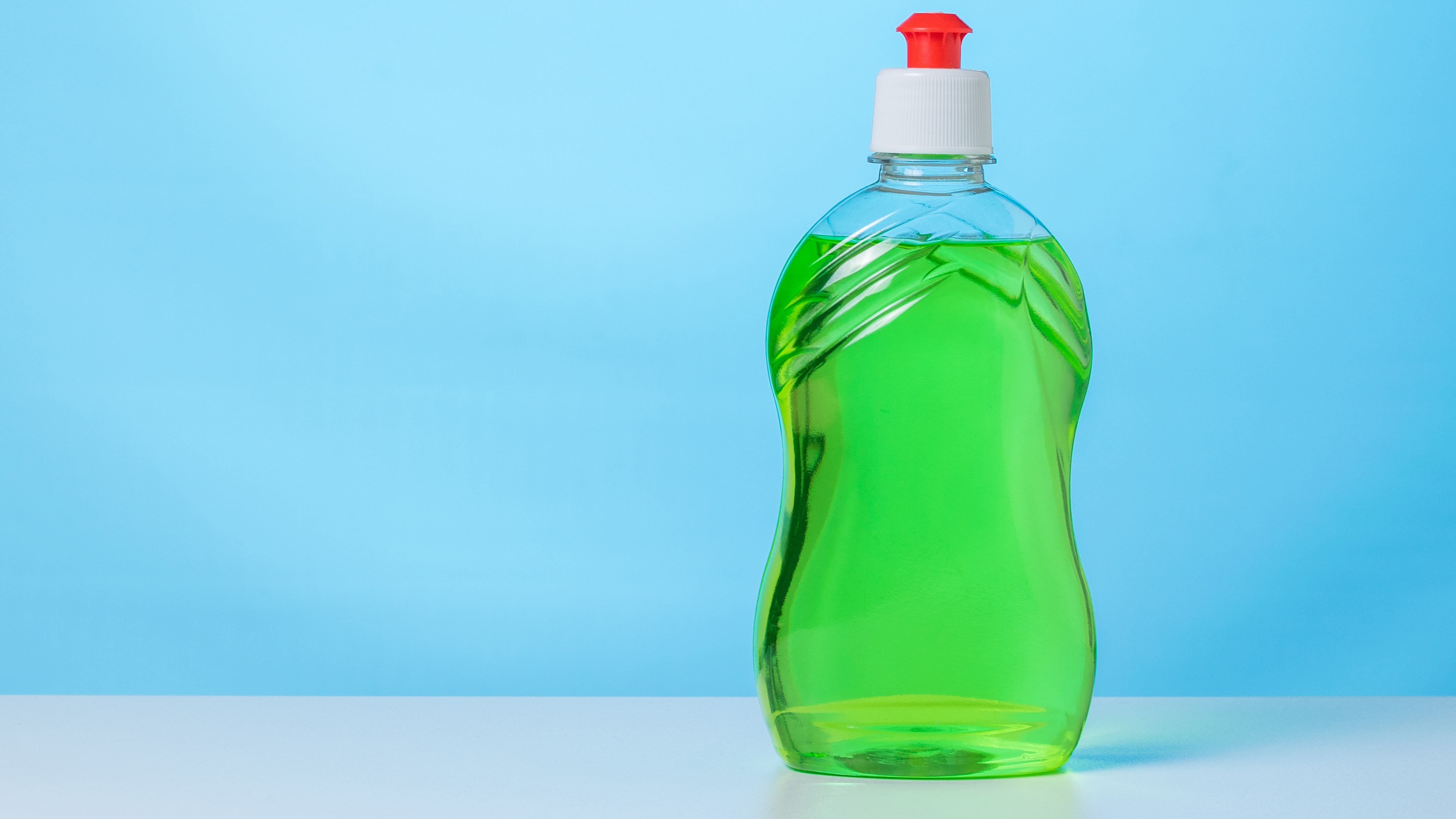
Dish soap can do much more than just clean your grease-laden dishes, and keep them spotless. It can make an instant flying ant pesticide — this is because the soapy substance sticks to the winged creatures, causing them to dehydrate — killing them immediately.
Simply add a few drops of dish water into ½ bottle of water, and spray at the pests. This will dry them out, and eventually keep them at bay.
2. Use essential oils

We might love the fresh fragrance of essential oils, but flying ants (and most pests) hate the strong smell, and stay far away.
Peppermint oil in particular, is effective for getting rid of these winged pests. Just dilute a drop of peppermint oil to about 1 L water in a clean spray bottle before spraying directly at the pests, or in areas where you’ve spotted them.
Alternatively, you can soak cotton balls in peppermint oil, and place them in the areas where flying ants are most active, and likely to rest. Essential oils are also effective for getting rid of mosquitoes, mice, and fruit flies.
3. Diatomaceous earth
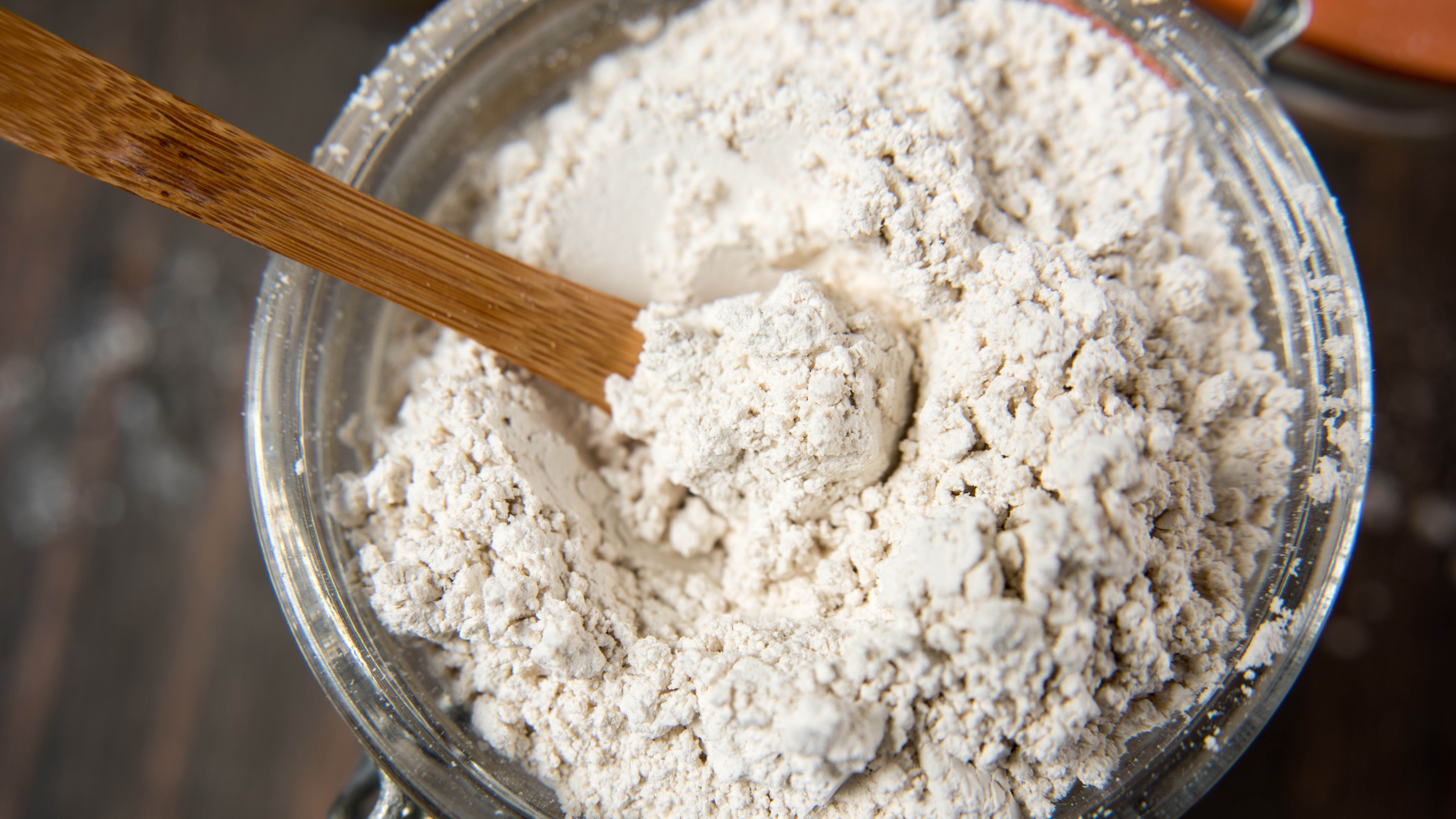
Another effective natural pesticide is food-grade, diatomaceous earth or DE. This is a natural biological powder that works to dissolve the exoskeleton of all kinds of pests on contact, including roaches, spiders and ticks. It essentially dehydrates flying ants, and kills instantly once they’ve passed through it.
Wearing protective gloves and a mask, simply sprinkle DE in high traffic areas for flying ants such around pathways, paving and in any cracks. Since it’s non-toxic, it’s safe to use around humans and pets so long as it’s food-grade DE, such as this 10 LBS FOOD GRADE Diatomaceous Earth ($26, Amazon).
Just remember that you’ll still need to remove any residual powder or dead flying ants left behind with a vacuum cleaner.
4. Make a diluted white vinegar spray
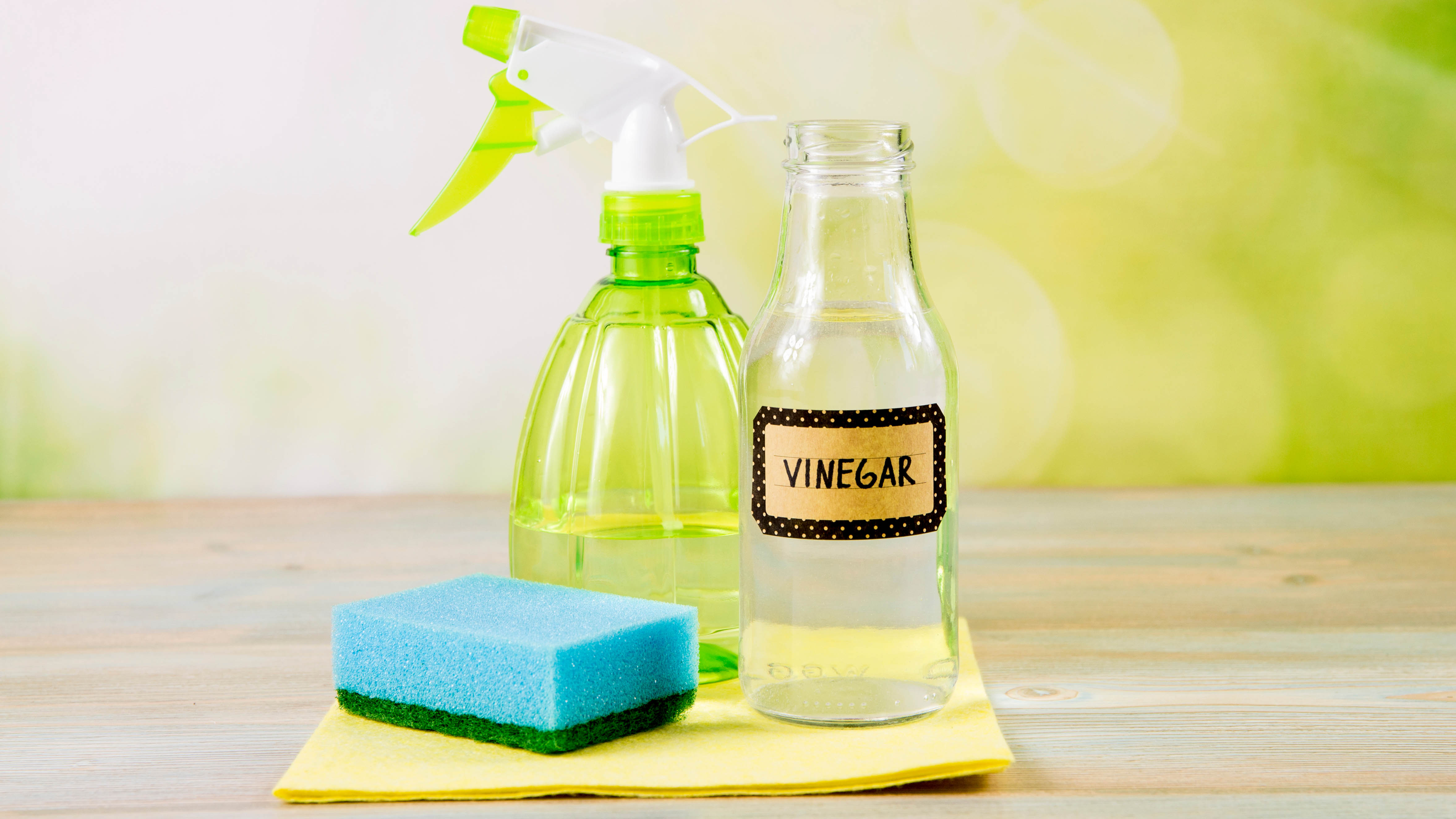
White vinegar has so many uses around the home, alongside baking soda, and it can also make an effective pest repellent. Similar to essential oils, flying ants can’t stand strong smells, and will keep them at bay.
Simply create a solution with 50:50 white vinegar with water into an empty spray bottle, and clean any high-traffic areas to reduce the problem. Of course, you won’t want the smell of vinegar lingering in your carpet, but on hard surfaces, such as your window sills, and shelves in your wardrobe, vinegar can come in handy as both a cleaner and a pest repellent.
5. Vacuum up flying ants
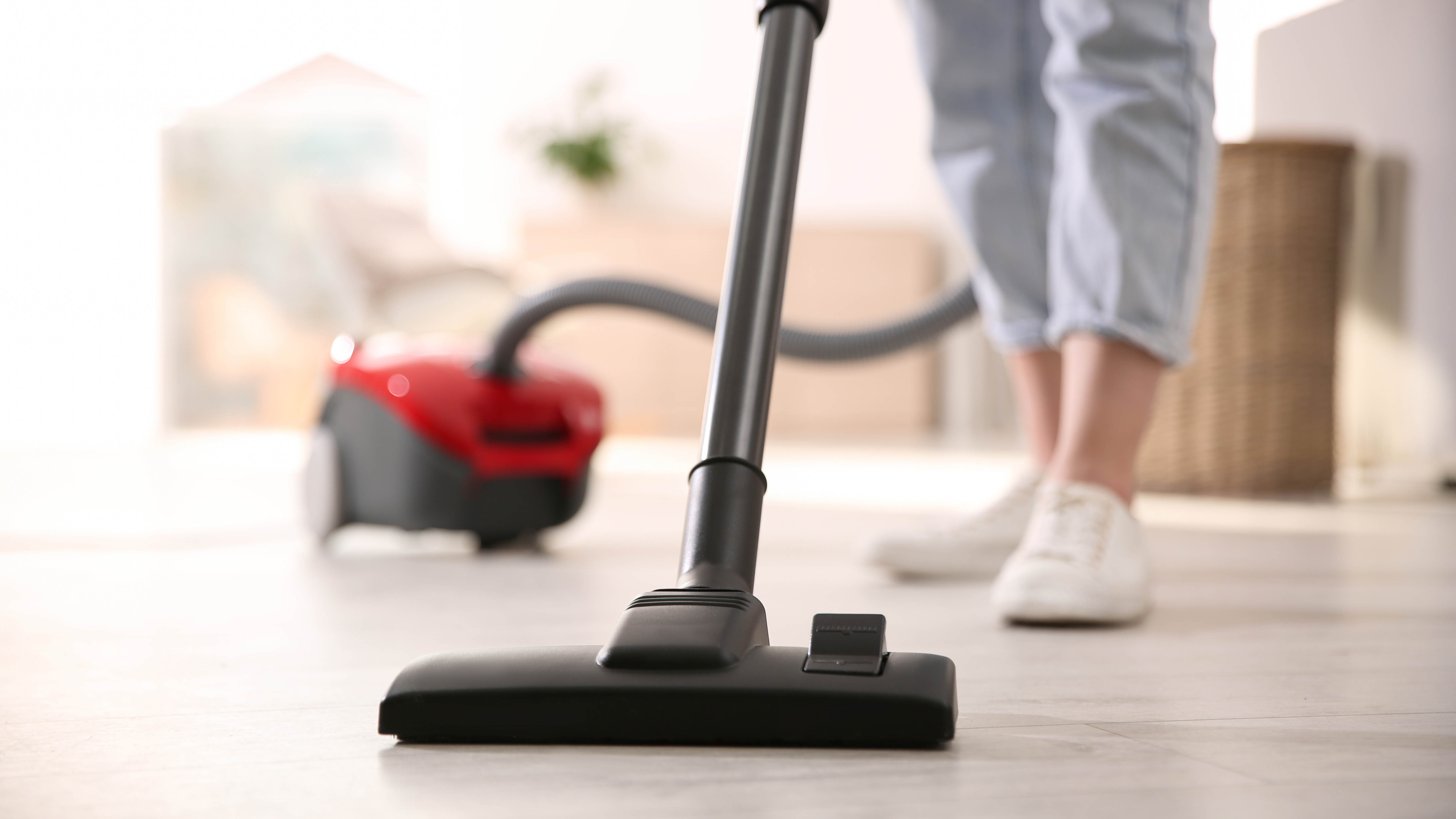
If you want a quick solution to resting flying ants, you can always suck them up using one of the best vacuum cleaners.
Just be sure to clean your waste canister with soapy water after emptying it out into a bag. Also, be sure to close the bag, and take it to the outside trash can.
Other tips to prevent flying ants
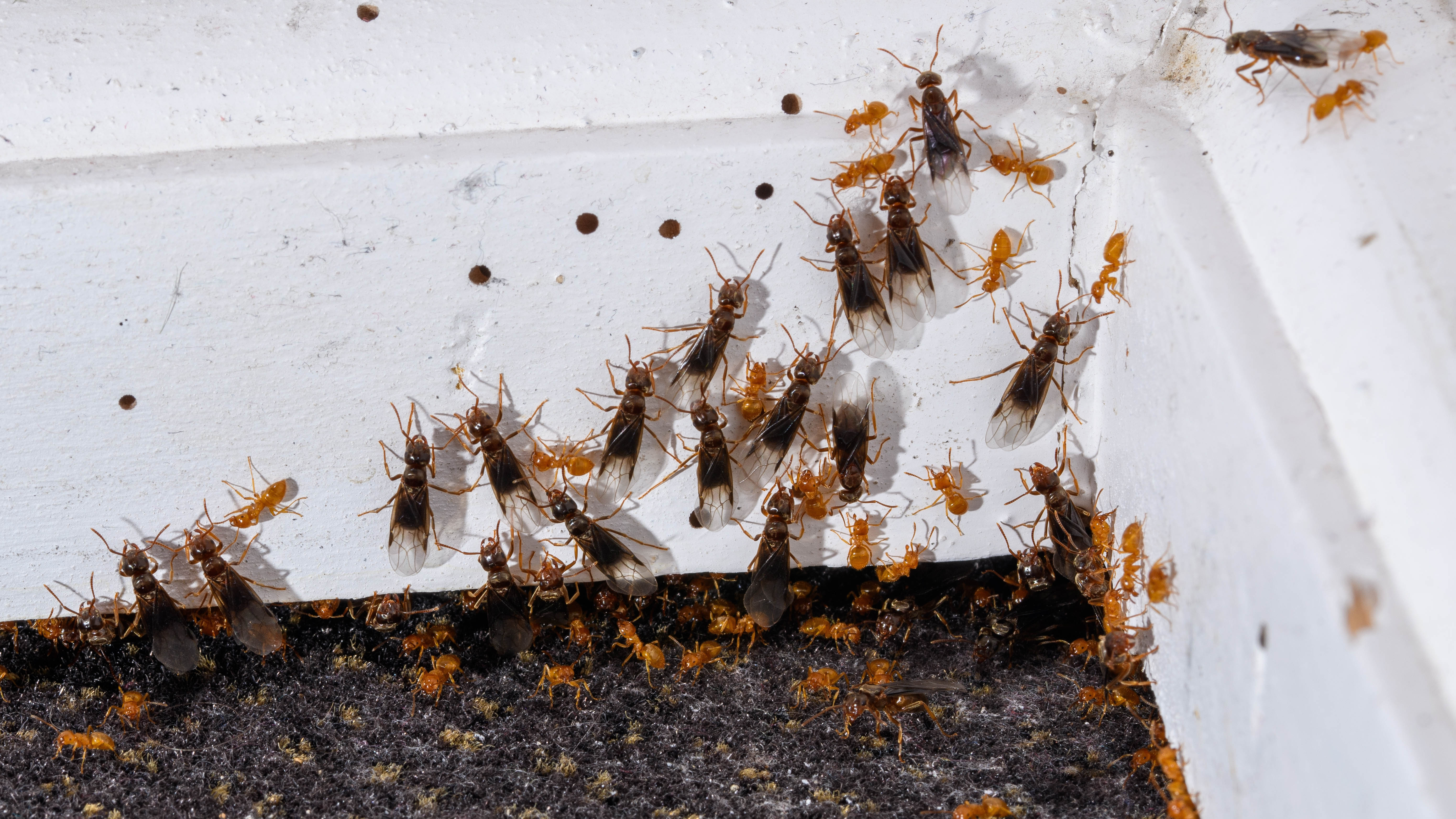
— Seal up any entry points to prevent ants from entering your home. Be sure to inspect your home for cracks or holes into your property, and ensure they are filled or covered properly. This includes around windows, doors, and baseboards amongst others.
— Eliminate any food sources to stop them from coming back, so avoid leaving residual crumbs or messes in the home. That means cleaning/disinfecting surfaces, regular vacuum cleaning and making sure there are no areas with water. Since flying ants are in search of food and moisture, this will only encourage them to return and breed.
— Similarly, make sure pantry food is sealed in airtight containers, so flying ants can’t get to them or be lured by the scent. Always throw out any rotting/fermenting fruit to avoid an infestation.
— For pet owners, always rinse out your pet's meal bowl immediately so there’s no residual food here too. This could make it easy pickings for the pesky flying ants.







